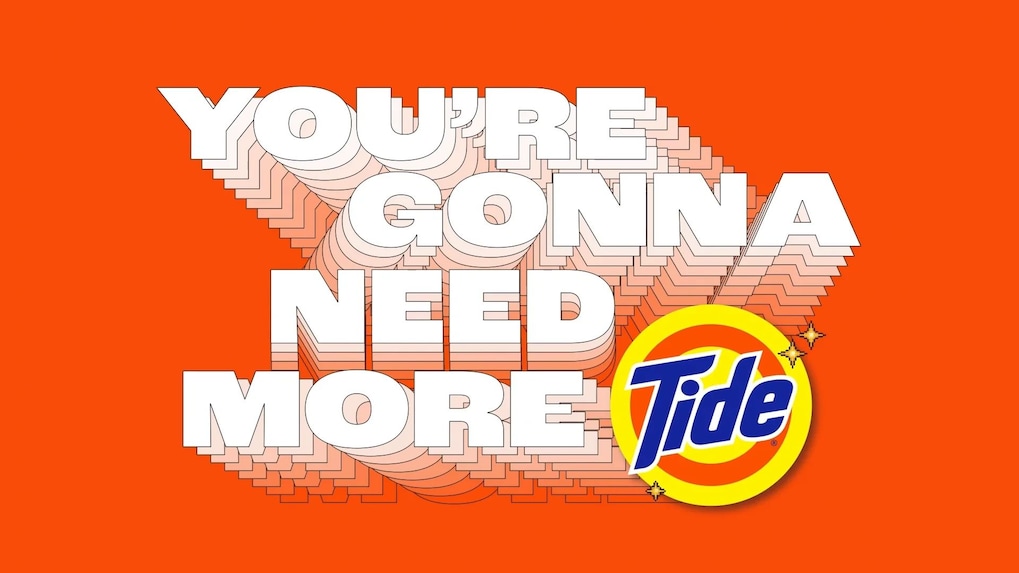Groundbreaking Study on AI Search Citations
In a groundbreaking study examining 768,000 citations across AI search platforms, product-related content emerges as the dominant force, comprising between 46% to 70% of all sources referenced. This study provides critical insights for marketers navigating the evolving landscape of AI-driven search. The research, spearheaded by XFunnel over a span of 12 weeks, analyzed the types of content most frequently cited by AI platforms like ChatGPT, Google’s AI Overviews, and Perplexity in response to user queries.
Product Content at the Forefront
The investigation indicates a marked preference among AI platforms for product-focused content. Product specifications, comparative analyses, “best of” lists, and vendor information consistently achieved the highest citation rates. This trend underscores how AI engines prioritize factual and technical answers sourced from authoritative pages detailing specifications, FAQs, or how-to guides.
Struggling Content Types
- News and Research Articles: Garnered only 5-16% of citations.
- Affiliate Content: Generally stayed below the 10% mark.
- User Reviews: Including forums and Q&A sites, ranged between 3-10%.
- Blog Content: Received merely 3-6% of citations.
- Public Relations Materials: Barely featured, with less than 2% of citations.
Citation Patterns by Funnel Stage
The study also highlighted how AI platforms vary content citations based on the customer’s stage in the buying journey:
- Top of Funnel (Unbranded): Product content led with 56%, while news and research each accounted for 13-15%. This challenges the traditional focus on education at the awareness stage.
- Middle of Funnel (Branded): Product citations slightly reduced to 46%, yet user reviews and affiliate content each rose to about 14%, indicating a blend of opinions for comparison searches.
- Bottom of Funnel: Here, product content reached over 70% of citations, leaving other content types below 10%.
B2B vs. B2C Citation Differences
The research identified significant disparities in citation patterns between B2B and B2C queries:
- B2B Queries: Product pages, especially from corporate sites, accounted for nearly 56% of citations, with affiliate content (13%) and user reviews (11%) following suit.
- B2C Queries: Exhibited greater diversity, with product content dropping to about 35% of citations and affiliate content (18%), user reviews (15%), and news (15%) showing higher figures.
Implications for SEO Experts
SEO professionals and content creators can derive key strategies from these findings:
- Enhance Product Details: Incorporating comprehensive product information increases citation likelihood, even for awareness-stage content.
- Rethink Content Strategy: Blogs, PR, and educational materials are less favored; a strategy shift may be necessary.
- Balance Content Mix: Ensure an adequate proportion of product-focused content is available across funnel stages.
- Strategize Differently for B2B and B2C: B2B marketers should emphasize product details on company sites, while B2C marketers should foster high-quality third-party reviews.
The study succinctly concludes: “Observations indicate that large language models prioritize trustworthy, thorough pages, especially for technical or decision-stage information. Factually robust, authoritative content remains central to AI-generated citations.” With AI shaping the future of online searches, marketers who decode these citation patterns stand to gain a competitive edge in the digital domain. For more insights and updates, follow us at martechtrend.com.












Leave a Reply